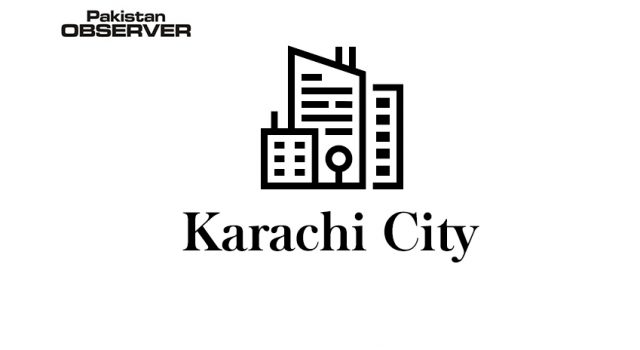Staff Reporter
Women from different segments of life have stressed the need to implement laws pertaining to protection of women rights and their betterment in toto.
They appreciated the efforts made at the government level from time to time and introduction of pro-women laws, but regretted that their implementation was always impeded.
Qurat Mirza, one of the organizers of Aurat March on International Women Day, told APP that there were laws to prevent domestic violence but the housewives continued to become victims of the menace because of so-called norms of the society.
Similarly, she said, the women household workers were ignored by the society, though they provided comfort to the respective families by doing their domestic chores at nominal wages and sometimes have to face violence from their employers.
“In this year’s women march, we demanded social security for housewives and recognition of the labour of household workers,” Qurrat said.
She said different provinces had different laws pertaining to the women. Sindh had more explicit laws in that regard, which should be replicated by other provinces.
Qurat said the implementation and procedural definitions of the existing women related laws were important.
Without training and capacity building of the officials concerned, the implementation of such laws would remain a challenge for the government, she added.
She emphasized the need to increase the number of female medico-legal officers, pointing out that there were only two woman officers in the mega city of Karachi. There was need to replace the out-dated mechanism of medico-legal examination.
Qurat said number of women parliamentarians should also be increased, so that they could have representation in the policy making.
She said women could be empowered by ensuring their full access to education, basic health facilities and active participation in politics, besides implementation of the relevant laws in letter and spirit.
Zahra Khan of Home Based Women Worker Federation said the implementation of existing women-related laws was imperative for their empowerment instead of doing fresh legislation.
She cited the example of ‘Protection Against Harassment of Women at the Workplace Act’, which was enacted in 2010, but unfortunately a large number of federal and provincial institutions / departments, besides the private organizations, had not formed mandatory inquiry committees to address harassment cases despite passage of a decade.
Zahra Khan mentioning that the misogynistic mindset was one of the major impediments in the implementation of women laws. Moreover, the influential and feudal lords openly flouted the law, she added.
She complained that major political parties also did not take the issues of women seriously. “Mere introduction of laws and formation of committees cannot end discrimination against women, rather their implementation in toto was required for which the mindset in the political parties in particular and the society as a whole should be changed.”
The misogynistic mindset deprived the women of their right to attain education, work and marry according to their choice, she added.
Zahra said although voices were being raised against the oppressive and feudal system based on misogynistic culture yet there was still a long way for the women to traverse for attaining their goals.
Mahin Hunain, a housewife, said the major challenges faced by the women were gender discrimination, harassment, honour killing, and underage or forced marriages.









